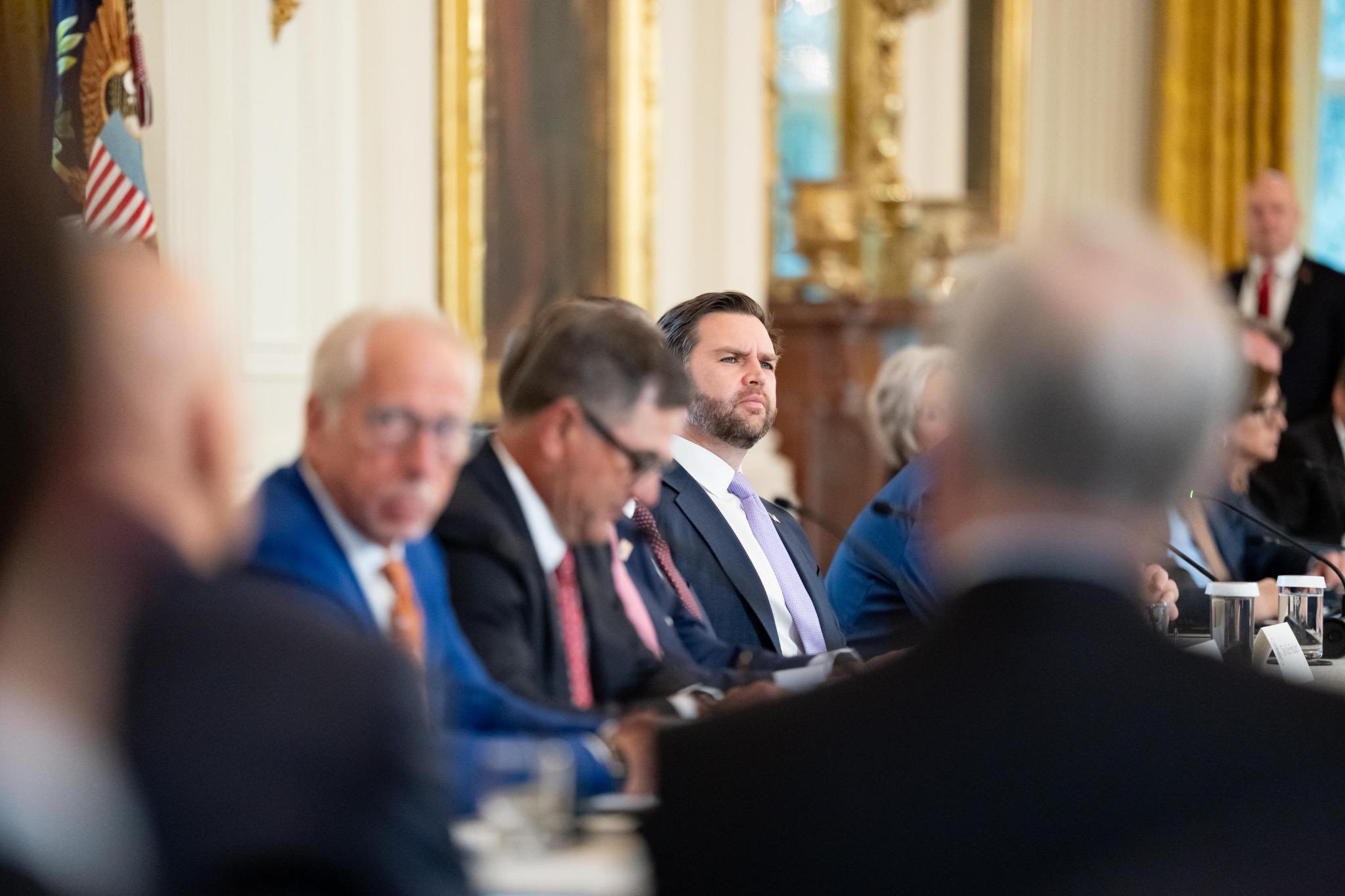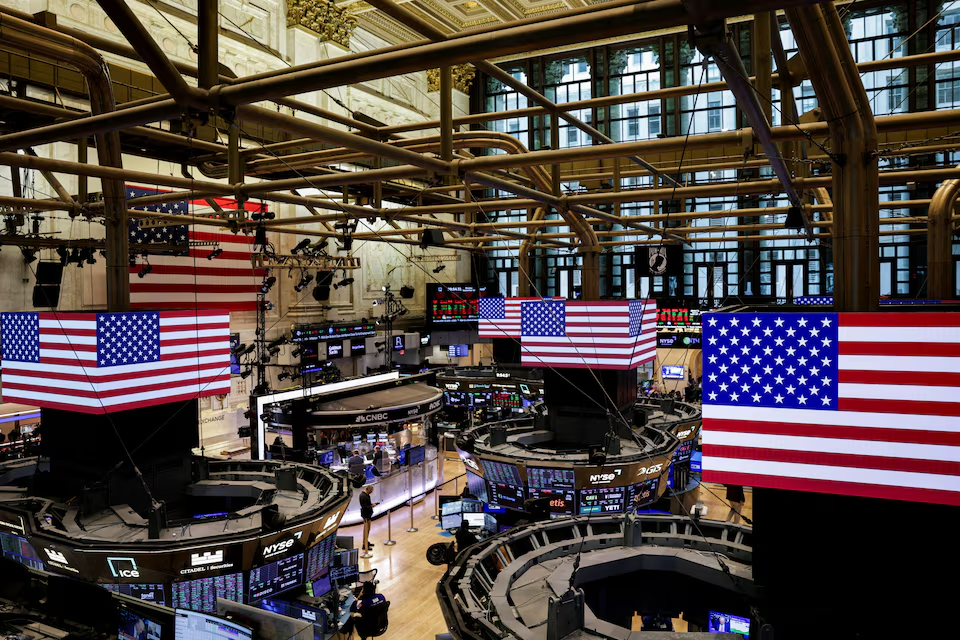Prime Minister Narendra Modi Praised by China for Normalizing Border Situation with India
In a recent interview, Indian Prime Minister Narendra Modi made positive remarks about India-China relations,
Prime Minister Narendra Modi Praised by China for Normalizing Border Situation with India
Prime Minister Narendra Modi Praised by China for Normalizing Border Situation with India
In a recent interview, Indian Prime Minister Narendra Modi made positive remarks about India-China relations, stating that normalcy has been restored along the India-China border. He called for strengthening the relationship between the two countries. This is a significant statement, as relations between India and China had been tense following the 2020 Galwan Valley border clash, the most severe since the 1962 war.
China's Ministry of Foreign Affairs spokesperson Mao Ning praised Modi's remarks, saying, "The two countries should cooperate for each other's success." Modi's call for stronger ties raises some hope, although the relationship between the two nations is still fraught with tension in several areas, and much work remains to establish full friendship.
There are several positive aspects of India-China relations:
-
Bilateral trade remains strong, and even after the Ladakh clash, China continues to be India's top trading partner. The two countries are working together in multiple multilateral forums, including BRICS and the Asian Infrastructure Investment Bank. They are also collaborating to promote their own models in contrast to Western economic models, fighting terrorism, and opposing U.S. moral interference.
Although the relationship between the two countries was deeply damaged following the Ladakh clash, their military forces have continued high-level discussions, resulting in an agreement in October to resume border patrolling. Modi met Chinese President Xi Jinping at the BRICS summit in Russia and pledged to increase cooperation. In January, the two countries signed an agreement to resume direct air travel.
However, several challenges remain in India-China relations. China opposes India's policy on Kashmir, blocks India's entry into powerful groups like the Nuclear Suppliers Group, and vetoes India's permanent membership in the United Nations Security Council. Additionally, China's navy has established a significant presence in the Indian Ocean region, and its only foreign military base is located in India's neighboring region.
In this context, there are important steps for improving the future of India-China relations. Border discussions, future high-level summits, and the flow of Chinese investments are key areas. If China increases its investment in Indian industries, it could be a significant step for boosting commercial cooperation between the two countries and could help bring positive changes in their relationship.
Moreover, the growing Chinese influence in South Asia is another aspect to watch. As India expands its influence in these countries, China also seeks to strengthen its position. However, the future of their relationship will largely depend on international and regional events, such as the impact of the Russia-Ukraine war on China-India ties and India's relationship with the United States.
Overall, Modi's call for peace presents a positive perspective on India-China relations and could offer an opportunity for increased cooperation between the world's largest two countries.










